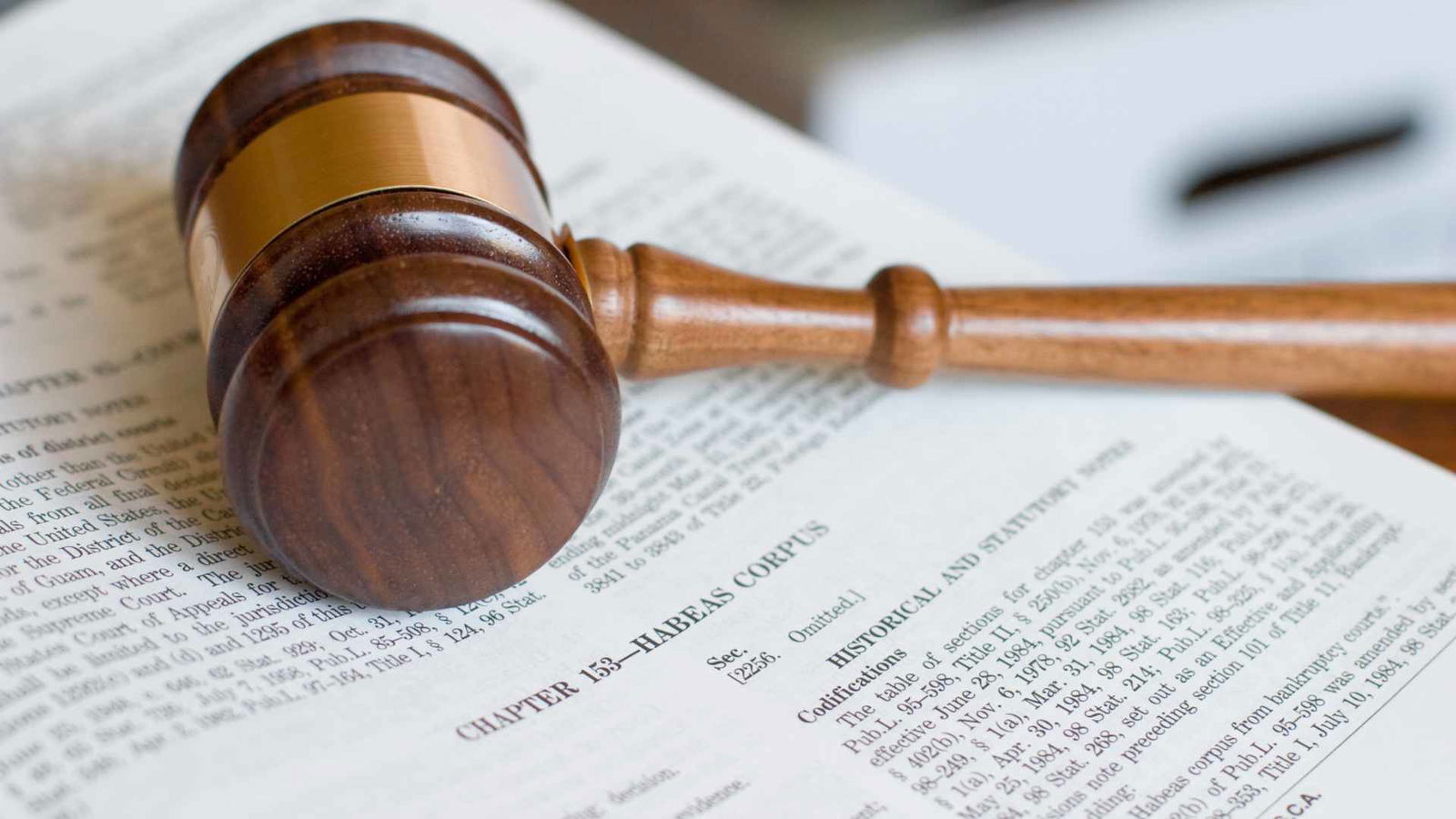Habeas Corpus
Habeas corpus, derived from Latin, literally means “to have the body.” It refers to a legal principle that grants the court the power to order the production of an individual believed to be unlawfully detained in a private location, particularly when that person is an important witness in a specific case. In India, only the Supreme Court and High Courts have the authority to issue the writ of habeas corpus. This right is crucial as it ensures that witnesses are not held in undisclosed places to manipulate court proceedings. This article aims to provide an overview of the important provisions of habeas corpus.
When will the writ of Habeas corpus not be applicable?
The court will not accept the writ of habeas corpus in certain conditions, including:
a) When the person or authority against whom the writ is issued is not within the court’s territorial jurisdiction. If a person is far outside the court’s jurisdiction, the writ of habeas corpus cannot be granted.
b) If a person is detained based on a court order, the writ of habeas corpus is not applicable because the court itself authorized the detention for the benefit of society.
Who can apply for Habeas corpus?
The courts have addressed the eligibility to apply for habeas corpus in several cases. The detainee or anyone who knows the case’s merits can apply for habeas corpus. It is important to note that the writ of habeas corpus passed by the Supreme Court has a broader scope and covers a larger territorial jurisdiction, as provided in Article 32(2) of the Indian Constitution. The writ of habeas corpus passed by High Courts is mentioned in Section 226(1) of the Constitution of India.
Features of Habeas corpus:
a) Habeas corpus can be regarded as a mechanism for inquiry that can be invoked by the Supreme Court and High Courts when a person is unlawfully detained without any reasonable cause.
b) If a person is unjustly held in jail without any valid reason, the writ of habeas corpus, when granted, leads to the immediate release of that person.
c) Additionally, the Supreme Court has the authority to order compensation for past unlawful detention and in cases where death has occurred due to such detention, as decided in the case of Rudul Shah vs Union of India.
When can Habeas corpus be availed?
a) Habeas corpus can be invoked to enforce Article 21 of the Constitution, which safeguards an individual’s liberty. When authorities practice unlawful detention, they violate the fundamental rights of citizens. In such cases, habeas corpus is utilized to protect these fundamental rights.
b) Habeas corpus can also be invoked when higher authorities misuse their power to frame an individual for conviction.
Conclusion:
The principle of habeas corpus is a vital provision mentioned in the Indian Constitution. The habeas corpus process protects citizens’ fundamental rights, particularly those outlined in Article 21. Furthermore, this provision acts as a check against unlawful detention carried out by authorities against innocent individuals. Every citizen needs to have a basic understanding of fundamental rights, including the writ of habeas corpus, to combat authorities’ growing misuse of power.





